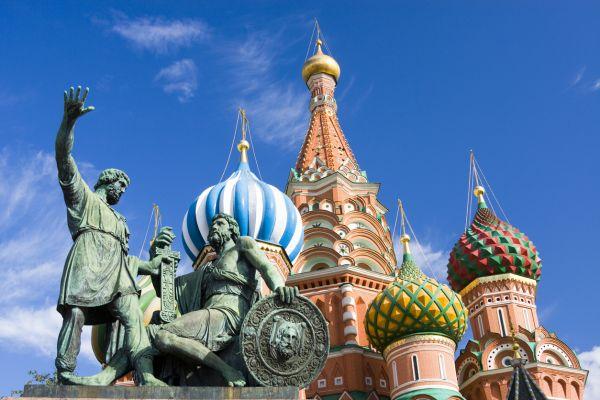Russians Helped Venezuela Launch Petro, Report Says
Russian government officials and businessmen were supporting Venezuela in their effort to create their own, state-backed cryptocurrency, Time Magazine reported Tuesday.

Citing sources familiar with the matter, they write that the petro was in fact a collaboration between Venezuelan and Russian officials and businessmen, whose aim was to erode the power of the U.S. sanctions. Since these Russian backers had not been previously reported, Trump’s executive order did not mention the petro’s Russian backers.
The Russian government denied this account, with the Finance Ministry telling Time that “none of Russia’s financial authorities were involved in the petro’s creation,” while Venezuelan officials did not respond to the magazine’s request for comment.
After U.S. President Donald Trump officially sanctioned the petro on Monday, with an executive order barring American residents from purchasing the cryptocurrency, Maduro said this was a sign, as Trump being “scared” of the petro was proof that the South American nation was “on the right track.”
He also said in an official statement that the sanctions were in violation of the United Nations charter and international law. U.S. Senator Bob Menendez retaliated by saying that he welcomes the new sanctions, but that the “international community must continue coordinated efforts to increase pressure on the Maduro regime.”
Meanwhile, Russia managed to win the court case against Telegram, an instant messaging app, who now has to hand its encryption keys to Russian security services, thus enabling Russia to obtain the private data of millions of users.
Although Russia’s Federal Security Services (FSB) argued in court they would not be violating user privacy by obtaining encryption keys since they would still need a court order to obtain data from specific users, Telegram’s legal team stated, “The FSB’s argument that encryption keys can’t be considered private information defended by the Constitution is cunning. It’s like saying, ‘I’ve got a password from your email, but I don’t control your email, I just have the possibility to control,” Bloomberg reported.




